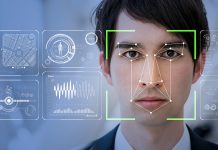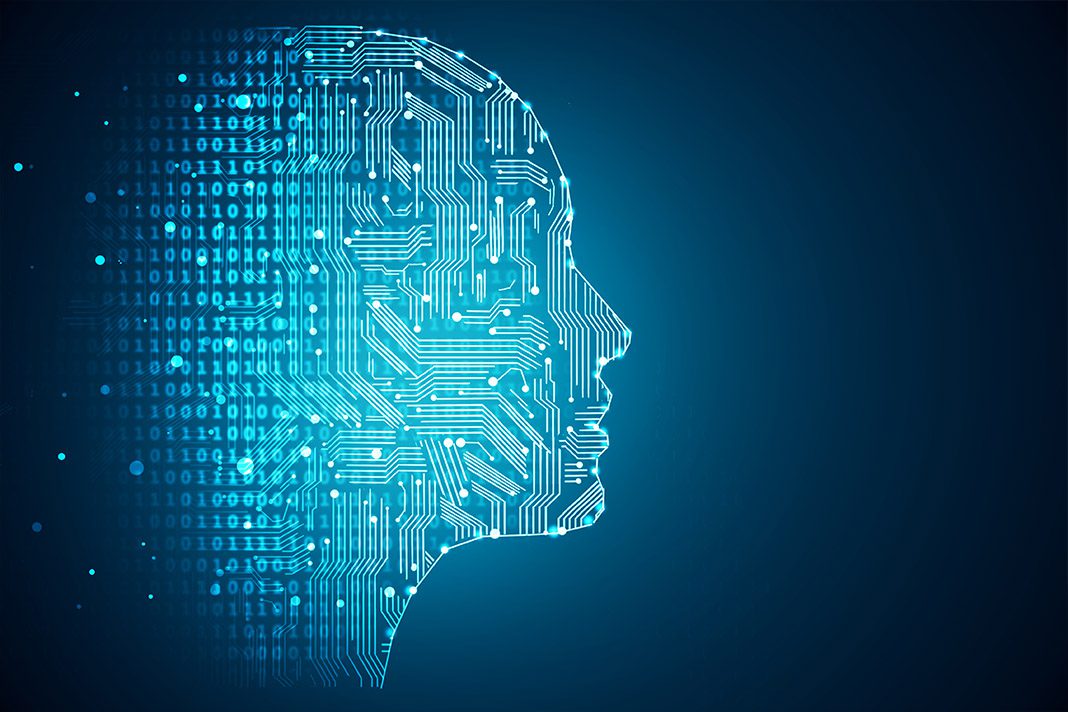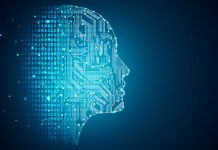As we grow older, we face many challenges that our forefathers had faced before us too. Loneliness is one during our senior years. North America’s birth rate has been declining steadily. Computers, and robots, are being developed to have conversations with the elderly to learn, combat loneliness and alert professionals about developing problems.
A new option using Artificial Intelligence (“AI”) may be an answer that makes sense.
Robots are active currently delivering medical items, or transporting patients, at hospitals in the United States. The use of AI for companionship is relatively new. It offers a new option. This comes as suitable staff at an attractive price is difficult.
Given that a robot replaces 2.8 full time employees and thereby challenging the “human issues”. Eliminating overtime costs, illness replacement, and expensive employment benefits come to mind. AI robotics seems to be a good option worth looking at. Success could ease the pressure on finding suitable caregivers too.
Many see the risk of replacing workers currently providing care as being relatively small. The advent of using AI may be a positive game changer here.
It seems that the potential loss of jobs is gaining some negative traction though with some politicians and political hopefuls. Andrew Yang has stoked the question on the use of AI and possible job loss during his campaign to secure the Democratic Presidential nomination for 2020. Others will raise this issue too as time progresses.
It has some sinister other issues though. The system will map and monitor the user’s emotional status based on conversations with the “client” over time. The goal of the AI system is to identify a health issue and intervene before the issue becomes serious.
So who gets the notification of a health issue, or access to the information? It may become a significant issue and at what stage does this notification occur? Who else gets access to this information beyond family or the designated health care professional? What other data is accumulated in this wide net of data capture? How is data distribution policed?
The issue of privacy may be looked at by organizations such as “Privacy Watchdog”. Work is currently being undertaken to spot privacy violations in the use of the internet or even Driverless Cars by these groups.
This is always a thorny issue. It will likely require a legal degree and a penchant for reading legal documents in order to wade through thoroughly. Never the less, it will garner more attention as things continue to develop.
Robots used to care for the aged is not new. Japan has been delving into this solution for some time due primarily to a low national birth rate. Fewer people are available to undertake the care of an aging population. Japan has, by necessity, for years been developing robotics as an option to deal with elderly care. Many robotic options have been developed and are in use in Japan today. So far it would appear successful.
It would appear that these developments are going to be further refined in North America and elsewhere and will become common in the near future. These developments are a tangible way of addressing a very real issue all of us will face over time. These issues will no doubt continue to fuel debate.


























